The English Cocker Spaniel, a breed steeped in history and brimming with personality, consistently ranks among the most popular canine companions. Originally bred as a hunting dog, this medium-sized breed has seamlessly transitioned into beloved family pet status. Their expressive eyes, silky coat, and eager-to-please nature make them instantly endearing. But beneath the charming exterior lies a complex and energetic breed that requires understanding and dedication to truly thrive.

A History of Skill and Stamina
The lineage of the English Cocker Spaniel traces back to the 16th century when Spanish Spaniels were brought to England. These versatile dogs were utilized for various hunting tasks, including flushing game birds. Over time, selective breeding created a divergence within the spaniel family. The larger dogs became known as Field Spaniels, while the smaller, more agile dogs evolved into the English Cocker Spaniel we recognize today. The name “Cocker” originates from the bird they were most adept at hunting – the woodcock. Early Cocker Spaniels were crucial partners for foot hunters, requiring both stamina and a keen sense of smell. The breed was officially recognized by the Kennel Club in England in 1892, solidifying its distinct identity.
Physical Characteristics
English Cocker Spaniels are square-built, with a sturdy and athletic physique. They typically stand between 15 and 17 inches tall at the shoulder and weigh between 20 and 32 pounds. Their most distinctive feature is their long, feathered ears, which add to their charm and aid in flushing out game. The coat is moderately long, silky, and comes in a variety of colors including black, liver, red, golden, sable, and parti-colored patterns. While beautiful, this coat requires regular grooming to prevent matting and maintain its healthy sheen.
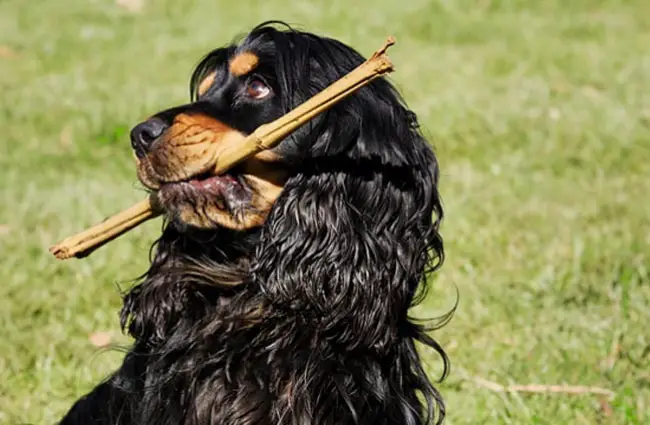
Size and Weight Considerations
While the standard size is outlined above, variations can occur. Responsible breeders prioritize maintaining healthy sizes and weights within the breed standard. Overweight dogs are prone to various health issues, so maintaining a lean physique is vital. Regular exercise and a balanced diet are key to ensuring a healthy weight.
Temperament and Behavior
The English Cocker Spaniel is renowned for its cheerful and affectionate temperament. They are intelligent, eager to please, and generally good with children and other animals. However, their energetic nature and hunting instincts require consistent training and mental stimulation. Without adequate outlets for their energy, they can become bored and potentially destructive.
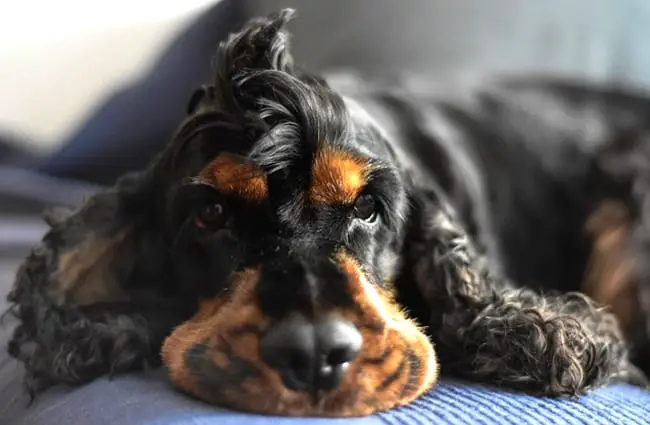
Training and Socialization
Early socialization is crucial for English Cocker Spaniels. Exposing them to a variety of sights, sounds, people, and other animals from a young age helps them develop into well-adjusted adults. Positive reinforcement training methods, such as rewarding desired behaviors with treats or praise, are highly effective. Consistency is key. They can be sensitive dogs, so harsh corrections should be avoided. Their intelligence means they learn quickly, but they also require mental challenges to stay engaged.
Caring for Your English Cocker Spaniel
Providing appropriate care is essential for ensuring a happy and healthy life for your English Cocker Spaniel. This encompasses several key areas.
Exercise Needs
English Cocker Spaniels are energetic dogs that require at least 60 to 90 minutes of exercise per day. This can include walks, runs, playtime in a securely fenced yard, or engaging in dog sports like agility or flyball. They thrive on having a job to do, so incorporating puzzle toys or scent work into their routine can provide mental stimulation.
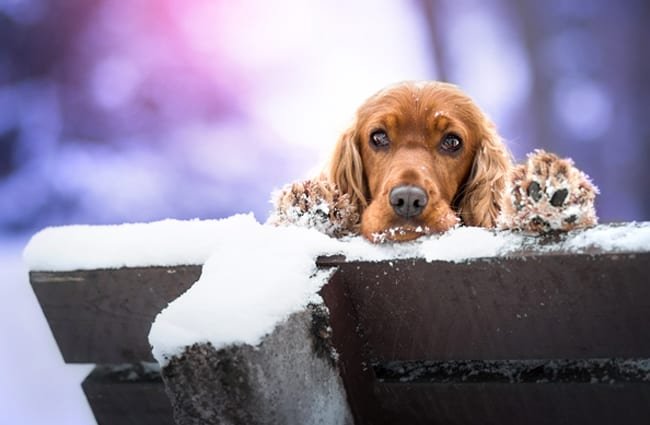
Grooming Requirements
The English Cocker Spaniel’s beautiful coat requires regular grooming to prevent matting and maintain its health. Brushing several times a week is essential, and professional grooming every six to eight weeks is recommended. Particular attention should be paid to the ears, as they are prone to infections due to their long, pendulous shape. Regular cleaning and drying of the ears are crucial. Additionally, their nails should be trimmed regularly.
Diet and Nutrition
A high-quality dog food formulated for medium-sized breeds is essential. The amount of food should be adjusted based on the dog’s age, activity level, and metabolism. Avoid overfeeding, as obesity can lead to various health problems. Providing fresh water at all times is crucial.
Health Considerations
While generally a healthy breed, English Cocker Spaniels are prone to certain health conditions. Potential issues include:
- Ear Infections: Their long ears trap moisture, making them susceptible to infections.
- Progressive Retinal Atrophy (PRA): A degenerative eye disease that can lead to blindness.
- Hip Dysplasia: A malformation of the hip joint that can cause arthritis.
- Autoimmune Diseases: Some English Cocker Spaniels are predisposed to autoimmune conditions.
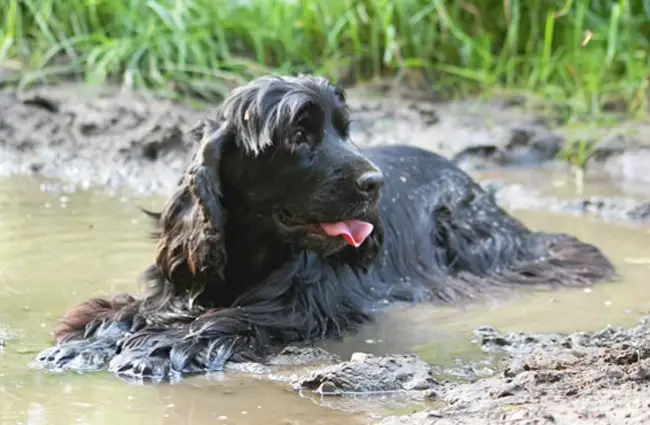
Responsible breeders screen their dogs for these conditions to minimize the risk of passing them on to their puppies. Regular veterinary checkups are essential for early detection and treatment of any health problems.
Is an English Cocker Spaniel Right for You?
The English Cocker Spaniel is a delightful and rewarding companion for the right owner. They are affectionate, intelligent, and eager to please. However, they require consistent training, plenty of exercise, and regular grooming. If you are an active individual or family who can provide these things, an English Cocker Spaniel may be the perfect addition to your life.
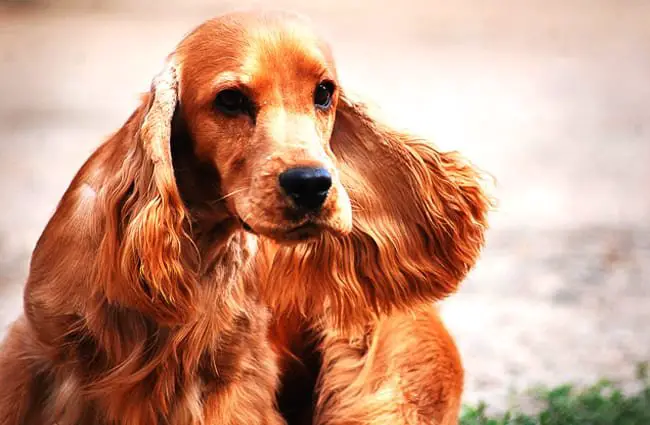
Their charming personality and unwavering loyalty will undoubtedly bring years of joy and companionship. Understanding their history, temperament, and needs is the first step towards a long and happy relationship with this remarkable breed.

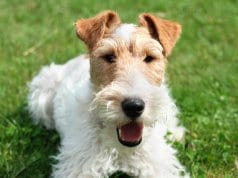
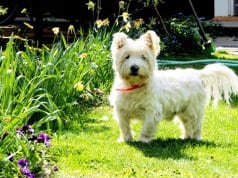
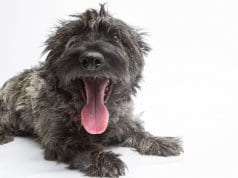
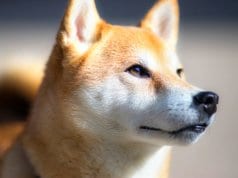
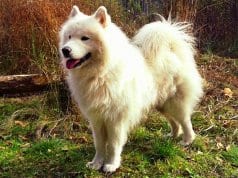
![Red Angus Closeup of a beautiful Red Angus cowPhoto by: U.S. Department of Agriculture [pubic domain]https://creativecommons.org/licenses/by/2.0/](https://animals.net/wp-content/uploads/2020/03/Red-Angus-4-100x75.jpg)

